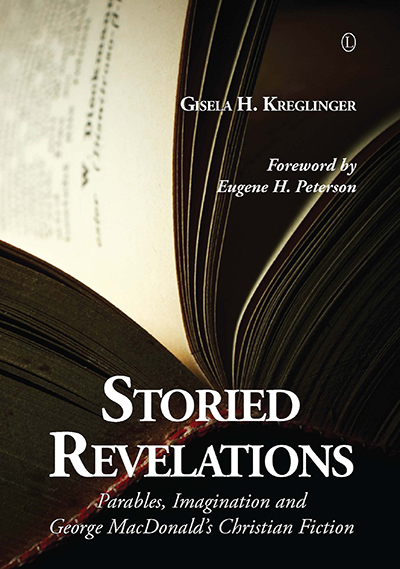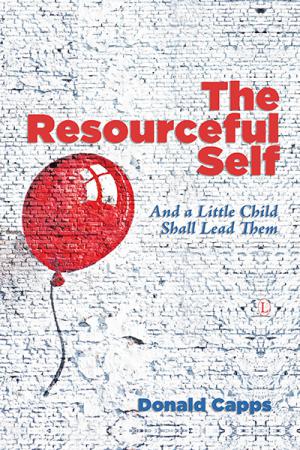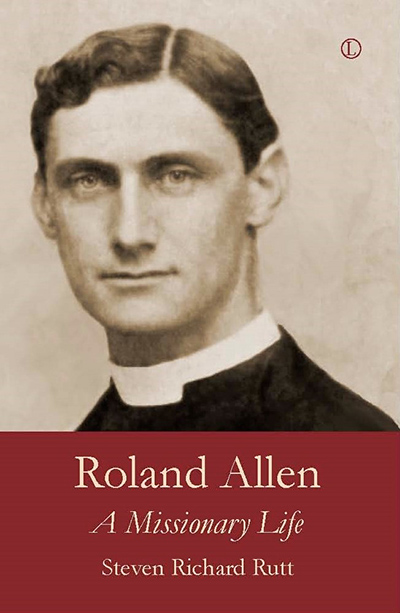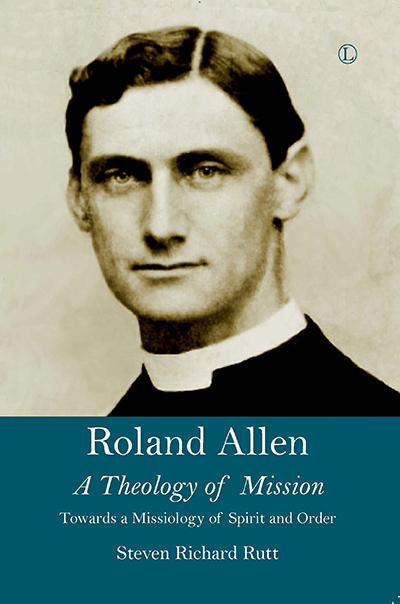Description
Parables were used by Jesus to reveal to us the kingdom of God and to move us from being bystanders to active recipients of God’s work of revelation. However, parables are constantly at risk of being buried as “mummies of prose”, as George MacDonald puts it. We become so familiar with the language of Scripture that Jesus’ parables no longer work on us in this revelatory and transforming way.
George MacDonald observed this very process at work in Victorian society. It was a culture saturated with Christian jargon but often devoid of a profound understanding of the gospel for its own time and culture. The language of Scripture no longer penetrated people’s hearts, imaginations, and attitudes; it no longer transformed people’s lives. MacDonald, called to be a pastor, turned to story and more specifically the “parabolic” as a means of spiritual awakening. He created fictive worlds in which the language of Jesus would find a new home and regain its revelatory power for his particular Victorian audience.
About the Author
Gisela H. Kreglinger is visiting scholar at the University of St Andrews, Scotland.
Contents
Foreword by Eugene H. Peterson
Acknowledgments
Introduction
1. George Macdonald: Poet and Theologian
2. Patterns of Subversion and Promise: Jesus’ Parables
3. Patterns of Subversion and Promise: Romanticism
4. George Macdonald’s Theological Rationale for Story and the “Parabolic”
5. Patterns of Subversion and Promise: Lilith
Conclusion
Bibliography
Author Index
Scripture Index
Subject Index
Endorsements and Reviews
In this illuminating comparison between the parables of Jesus and the fiction of George MacDonald, Kreglinger shows how both told stories that de-familiarize by using shocking versions of symbolic meaning that draw the reader into transformative participation in the kingdom of God. … With these insights, Kreglinger opens up in a fresh way the pervasively Christian nature of MacDonald’s mature fantasy literature.
Richard Bauckham, University of St Andrews
George Macdonald was one of the great storytellers of the Christian tradition. Convinced that living faith could no longer be sustained by tired old doctrinaire formulations of truth, he envisioned the Word made fresh through revitalizing imagination, poetry, and parable. This book is a winsome and perceptive exploration of MacDonald’s subversive literary agenda. Custodians of archival Christianity should feel threatened, very threatened indeed.
Glen G. Scorgie, Bethel University, Minnesota
She absolutely and successfully extrapolates how MacDonald used the parabolic form. Kreglinger demonstrates how as a Calvinistic Scot, as a Victorian, as a poet and theologian, George MacDonald observed this desensitization process at work in late nineteenth century Victorian society. All around an excellent study.
Paul Brazier, in The Heythrope Journal, Vol 56, Issue 2
I have not read any of George MacDonald’s Christian fiction. Kreglinger’s examination has put his work at the top of my ‘to-read’ list. … Storied Revelations is an exhortation to any who engage with the Bible to do so using their imagination.
Sarah Agnew, in The Expository Times, Vol 127, No 8
Anyone who courts interest in MacDonald should read Kreglinger.
Jordan Daniel Wood, in Reviews in Religion and Theology, Vol 24, Issue 4






